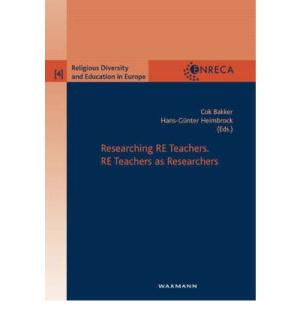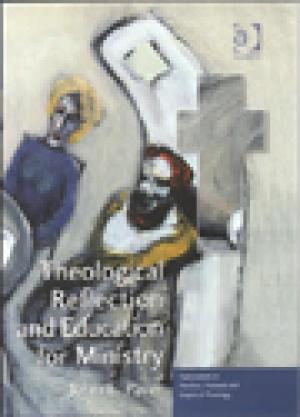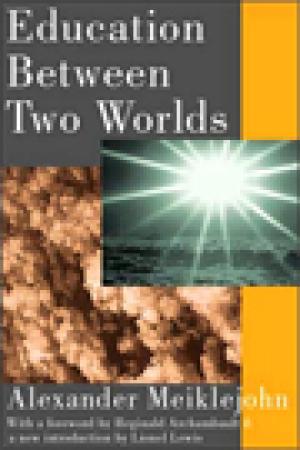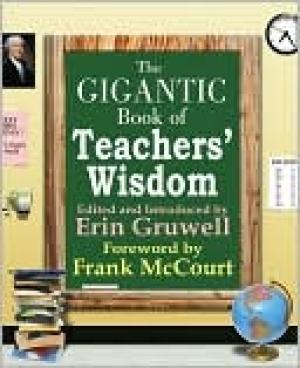Resources

The Red Cross is studied and criticized. The Royal Family is studied and criticized. Churches and hospitals are studied and criticized. Canadian universities are seldom studied and criticized and are worse off for this neglect. This book seeks to repair this damage by casting a critical eye on how Canadian universities work - or fail to work. Arguing that too much emphasis is placed on absurdly specialized research and too little on teaching, No Place to Learn contends that students seeking higher education in Canada are drastically short-changed. In clear, non-technical language, the book explains the current structure of the Canadian university and outlines several practical reforms that, if implemented, would greatly improve it. If you've never known what deans do, what tenure is, and what professors do when they're not teaching, No Place to Learn is a must-read: an eye-opening introduction that raises serious questions about the state of higher education in this country. No Place to Learn adds thought-provoking fuel to the incendiary debate about the role of the Canadian university today and in the future. (From the Publisher)

Harris helps teachers discover their own creative resources and aid their students in doing the same. (From the Publisher)

Journal Issue.

The quality of religious education in schools is highly influenced by the quality of teacher practice. Especially in times of cultural change and pluralisation we need better knowledge about the actual practice in schools. The contributions of this volume present the results of a research project on religious education teachers in Europe set up by the ENRECA group during the last years. But who is teacher and who is researcher? On the one hand, there are academics researching religious education in schools. On the other hand, there are teachers in religious education who reflect on their own teaching continuously. What kind of relationships do they have, yielding which kind of cooperation? This project takes teachers in RE as objects and at the same time perceives practicing teachers as 'reflective practitioners'. The contributions intend: * to provide information about the multicultural and multi-religious background of RE teachers in different European countries, * to develop new research methodologies fitting to the particular objective of teacher practice in various RE settings, * to improve teacher education by way of fostering partnership between researcher and teacher, * to contribute to refreshed European educational policies, matching religious and cultural diversity (From the Publisher)

A major and continuing problem for theological education and the practice of Christian ministry is how to best achieve a genuine integration between theory and practice, theology and experience. The key claim of this book is that theological reflection, beginning with experience, is a method of integration and that pastoral supervision is a vehicle for theological reflection. In establishing this claim, John Paver demonstrates that the model and method have potential to be a catalyst for reform within theological colleges and seminaries. Three different theological reflection models are developed and critiqued in this book, and their capacity to be developed in particular contexts is explored. This book does not stop at ministry, cultural and personal integration, but is bold enough to make recommendations for structural integration within the theological institution. (From the Publisher)

This classic and rather poignant argument that education is the answer to the questions posed by Anglo-Saxon cultures was written by Meiklejohn (late president of Amherst College and founder of the U. of Wisconsin's Experimental College) as the horrors of World War II were a daily event. In such a time and with such a background, it is no surprise Meiklejohn freely ties theory to practice, policy, and pedagogy as he describes Protestant-capitalist education, the problem of reconstruction according to Rousseau, pragmatism according to Dewey, and the social contract as the primary basis of a form of education that will result in brotherhood and reasonableness. (From the Publisher)

When we look back with fondness at our school years, one teacher always stands out. This tremendous compendium of wisdom captures that special relationship. With more than 3,000 entries, it includes thoughts on the art of teaching and the acquisition of knowledge from hundreds of professors, scholars, politicians, celebrities, and more. Some of the famous names represented include Socrates, Aristotle, the Buddha, Jesus, Muhammad, Mark Twain, Frederick Douglass, Helen Keller, Freud, Albert Einstein, Gandhi, Winston Churchill, and John Lennon. The words will educate, amuse, and perhaps even inspire some readers to focus on this honorable profession as a lifelong pursuit. (From the Publisher)
This classroom note describes the lessons I learned from the use of formal debates during the two semesters I taught "Paul and Early Christianity" to undergraduates at a liberal arts college in Ohio. The purpose of the course was primarily to give students the exegetical skills to understand Paul in his own context. The secondary purpose was to help students understand the role that exegetical differences play in different moral and theological uses of Paul. I found that the debates helped students understand the controversial nature of biblical exegesis, to read the course material carefully, to develop clear arguments, and to empathize with different points of view. The debates also entailed certain problems, some of which were hindrances that needed to be corrected. However, some apparent problems actually turned out to be teaching opportunities and even served as their own solutions. Appendices, including the course syllabus and debate questions and readings, can be found at: http://www.wabashcenter.wabash.edu/journal/article2.aspx?id=11362
Good teaching is both powerful and cautious. It is powerful insofar as it creates engaged students. Because an engaged mind is particularly receptive, however, good teaching is also cautious insofar as it provides students with focused guidance through the process of appropriating the learning material. This article reflects critically on expressionist pedagogy by evaluating a classroom situation in which students reacted in unexpected ways to the professor's disclosure of a personal story. It concludes that effective teaching exceeds the goal of merely facilitating student engagement. That is, the use of self-disclosure has the power to create engaged students, but it also requires cautious content consideration when facilitating post-disclosure learning. If, by using the powerful expressionist pedagogy of self-disclosure, we engage students but fail to cautiously guide them through the learning material, we have not taken seriously the ethical responsibility that teaching also implies.
The present article describes a modular approach to teaching Genesis 1–3 that values depth over breadth even in an introductory class. The module allows students to learn about the text and its original context by orienting discussion around contemporary issues of practical concern. Specifically, the creation-evolution debates provide an opportunity for students to learn about contemporary political, social, and legal implications of interpreting Genesis 1–3. The conflict of traditional and modern values emerges also in issues surrounding gender and autonomy in Genesis 2–3. This pedagogical approach challenges various student worldviews to promote discussion and greater intellectual sophistication. The correlation of the text with ongoing contemporary issues engages student interest and motivates learning. It also allows the class to explore both the ancient text and its interpretation in diverse communities. Finally, the module allows considerable flexibility for student and teacher interest and the needs of a given class.